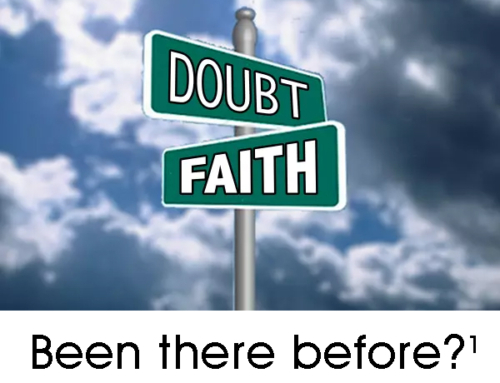If it wasn’t for people . . . leaders wouldn’t have a personal agenda.
Do you the “leader” have your own agenda with respect to what you think needs to be done in your organization? Have you thought it through and do you keep it completely to yourself? Is this even the right thing to do? Is there truth in this approach?
We’ve discussed vision, purpose, priorities, and budgets concerning you the “leader” and your organizations; major issues settled with your staff or board of directors. But are there some things that are just too hard for you to surface in these formal venues that you keep to yourself and just roll out on the table one at a time when the right conditions arise? I did it, and I’ll bet you the “leader” do it as well.
I can recall being new to my position of leadership in an organization and on a long flight home, I had time to really think about what the organization needed to accomplish during my tenure. I wrote these thoughts on a legal pad, issue by issue with an expected time frame for accomplishment. There was intuition, perhaps that “still small voice” behind my thinking—maybe a little prayer. Over time, some of these objectives were formalized through the board process and some I just worked on through the staff. By the time I left the organization two-thirds of my list had been completed, a few became irrelevant with time, and some just didn’t get done.
Why does this approach to business happen? Is it even the right thing to do? Is there truth in the process? Let’s face it, the formal process of any organization can only accept so many ideas, so many changes, is open to a limited amount of creativity, and sometimes isn’t ready for the harder truth. And some issues, no matter the importance, meet with resistance through a formal planning process and are better left until conditions arise which opens minds for something new. It might be a crisis, or it could be an opportunity that begs action waiting for you the “leader” to step forward with a proposal.
Is it right for you the “leader” to operate this way? I think so, I did it with every organization in which I served as the leader. You the “leader,” are in your position, in part, because of your character, in part, because of what you know, and in part because you have a history of action. So, you are the leader, and understanding what can be accomplished when and through what process is a gift—a skill.
My first command was of a C-130 tactical airlift squadron, an organization known for aggressive flying and skilled aircrew members. But what was missing throughout the C-130 community was a sense of customer satisfaction and up-to-date tactics. My mandate was to lead the squadron in a way that filled all the squares—on-time takeoffs, a completed flying hour program, successful air drops, qualified crew members, correct proficiency reports, and above all, safe flying was paramount. (If “flying safety is paramount” then just don’t start any engines was my saying.) But I was determined to satisfy the customer, no matter the mission, and develop ingress and egress tactics to and from the drop zones and landing zones where there was at least a reasonable chance of survival during wartime operations. I had no mandate to accomplish these objectives, and there was hard work involved to change aircrew mindsets with respect to customers and there were risks involved in developing new, more aggressive tactics. These two objectives were on my personal “legal pad” and I began to work on them through particular people who I knew would gravitate to the changes that were necessary. By the end of my tenure, “We cared enough to send the best” for our passenger and cargo customers, and we developed a set of tactics that later permeated throughout the tactical airlift community, and we did it safely (by the grace of God).
You the “leader’ do not want to run your organization strictly on your own agenda. You’ll lose great ideas and people—letting people in results in a bounty of support and energy that will not be there if you call all the shots. But we are made in the “image of God” and if you the “leader” are a follower of Jesus and you take the time to listen to that “still small voice” you’ll receive intuitions from the Holy Spirit that most people in your organization may not receive or even understand. For years I have spent the first minutes of my day, reading God’s Word, praying and listening—then when least expected He spoke and sometimes it changed my life and sometimes it changed the life of someone around me. John 16:13 says, “But when he, the Spirit of truth, comes, he will guide you into all the truth. . .” Seek the greater truth—it might just be the harder “right,” so be prepared.





